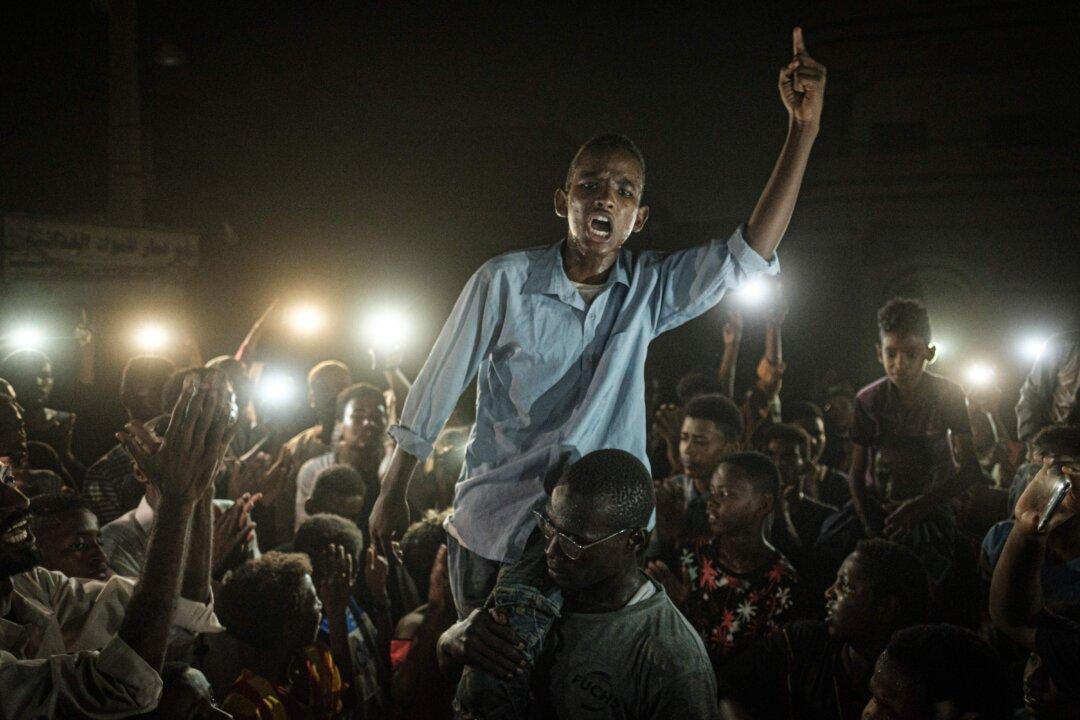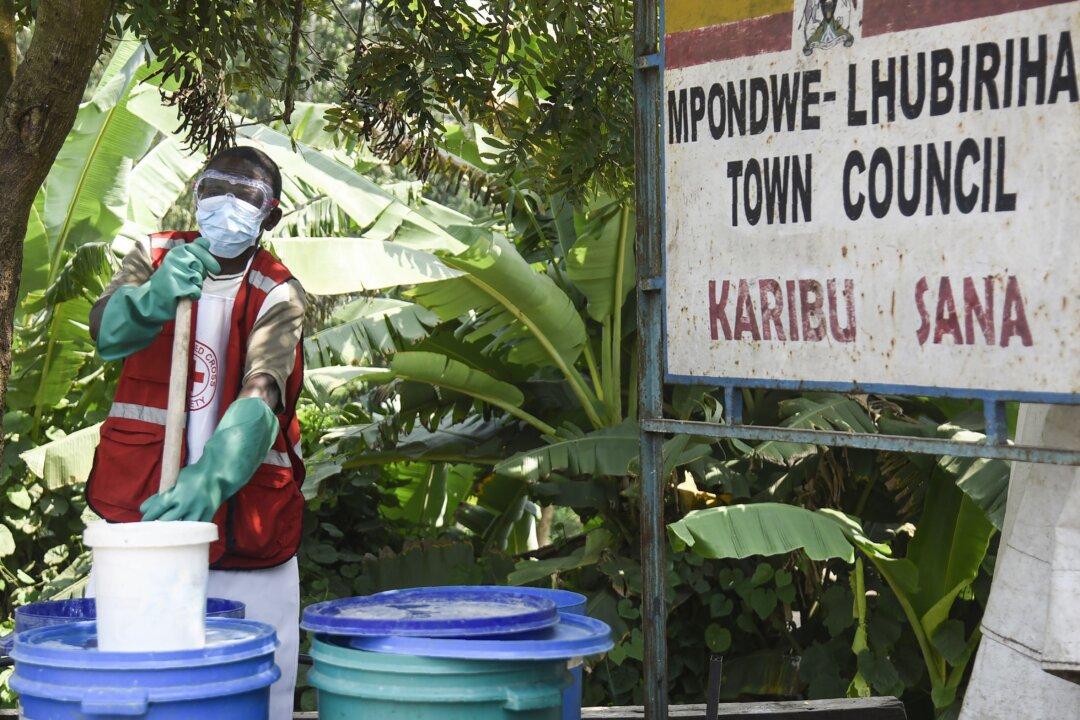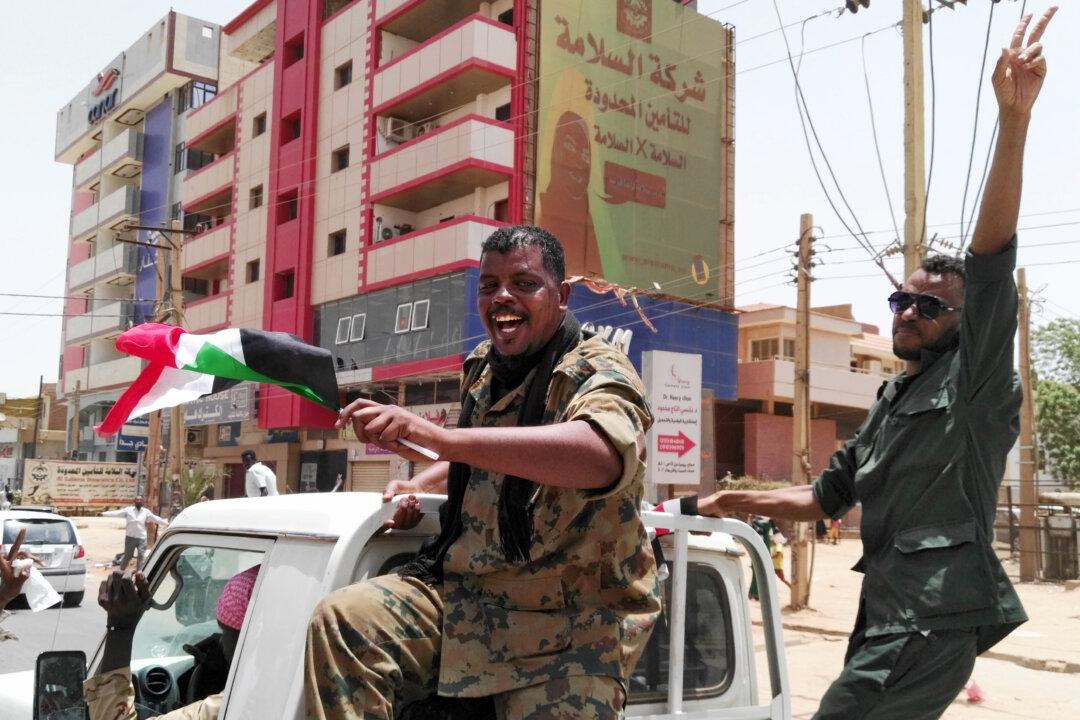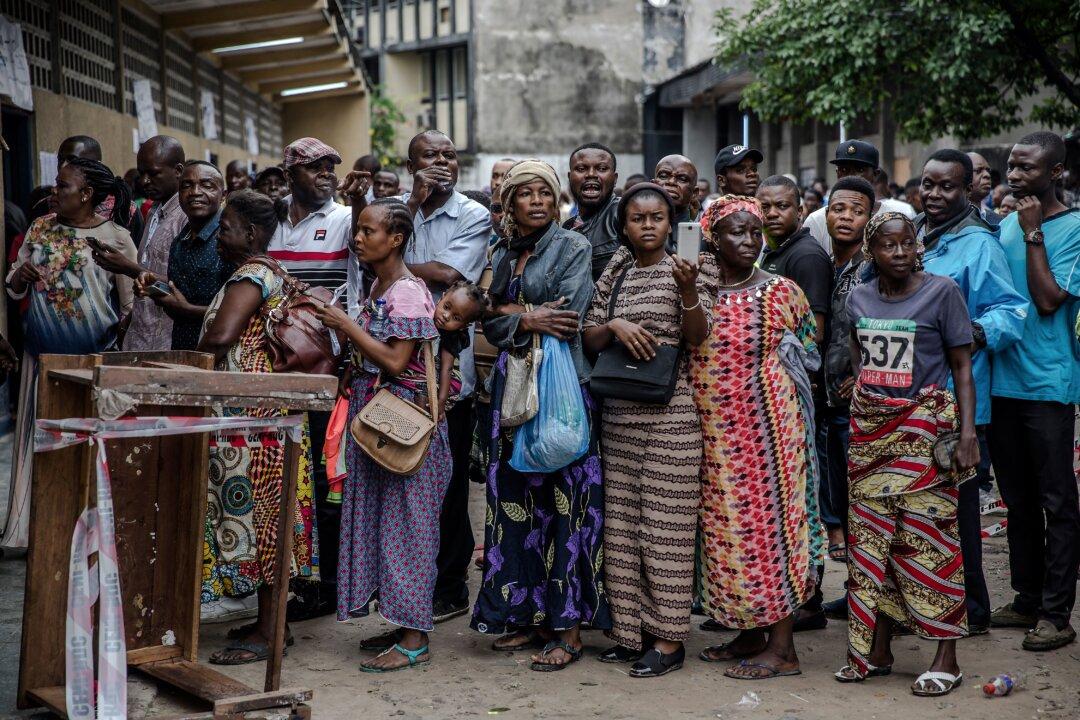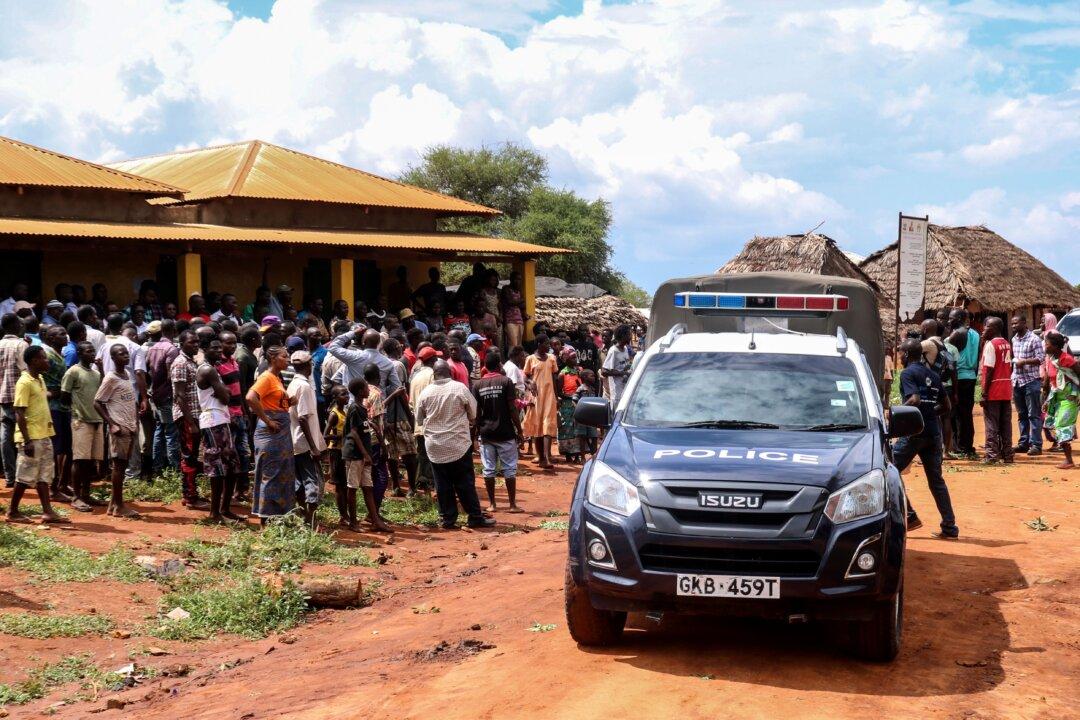NAIROBI, Kenya—Violence and civil unrest continue in Sudan even as mediation efforts spearheaded by the African Union are gaining momentum.
“The polarization is still dominant but we are waiting for the mediators to break the deadlock,” Hassan Hajji Ali, a professor of political science from the University of Khartoum, told The Epoch Times from the Sudanese capital.
